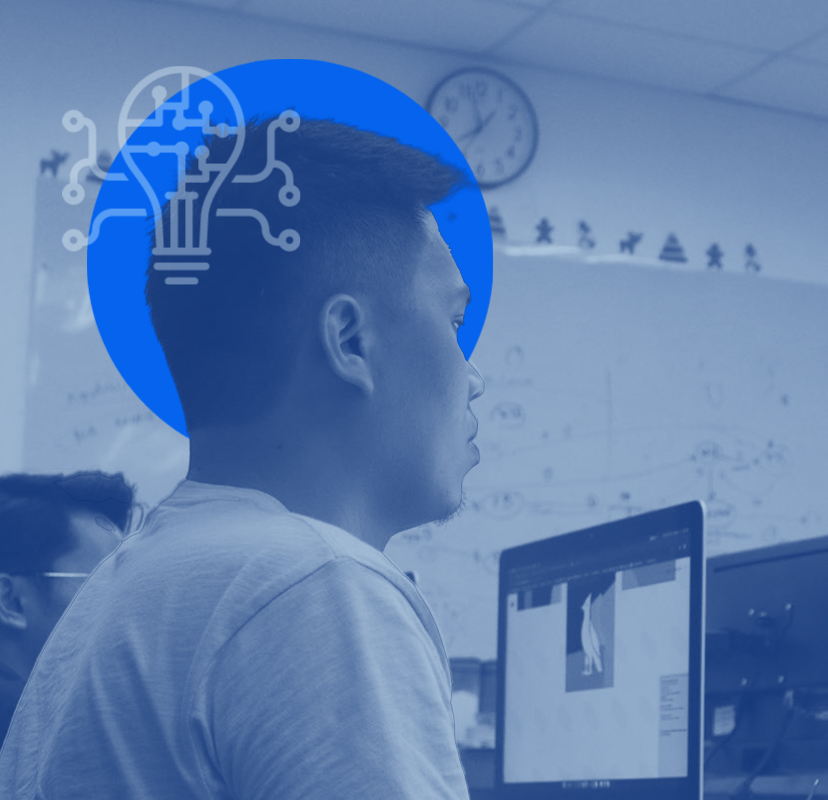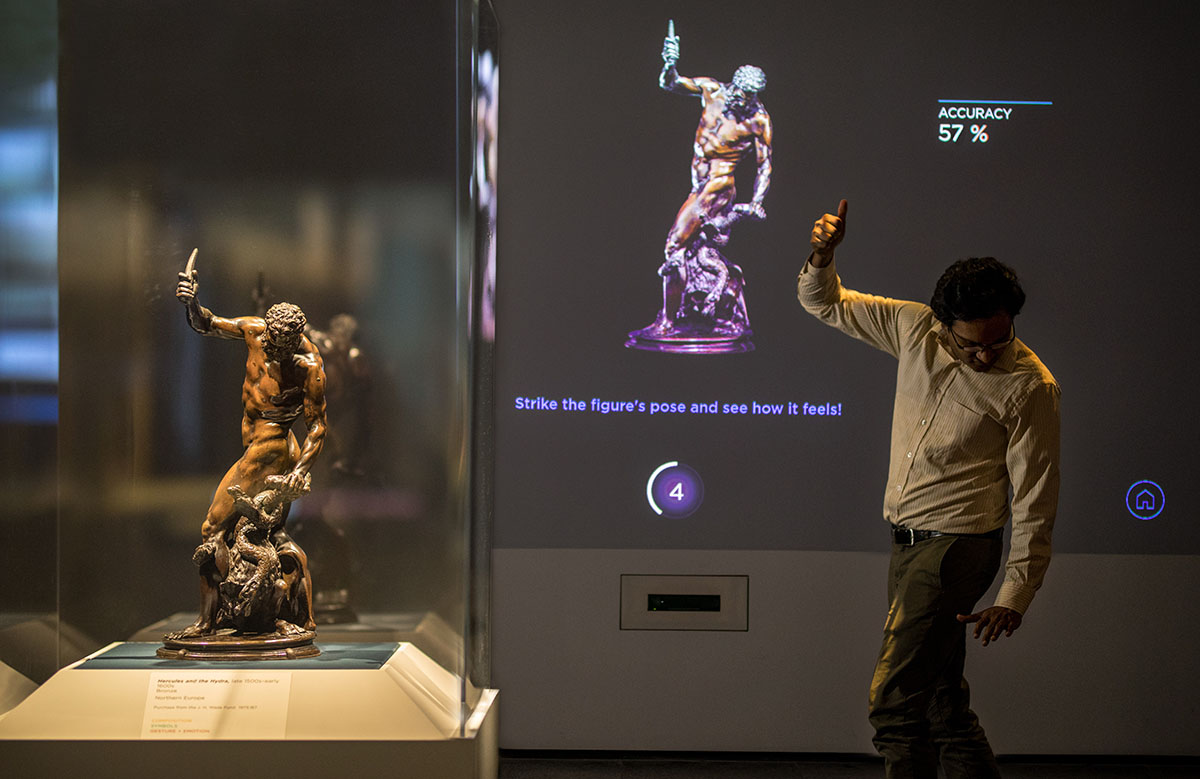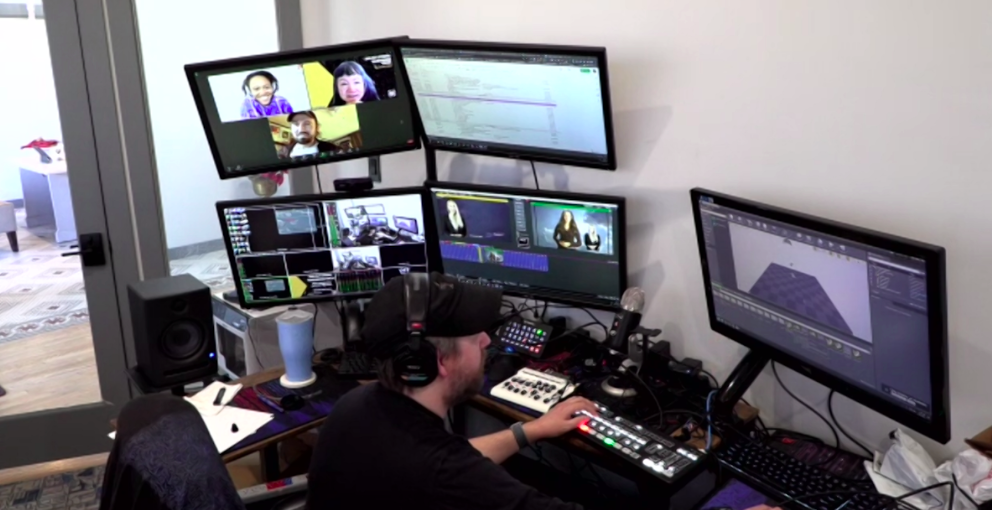Helping entire constituencies develop digital capacity
while concurrently building its own
Regional arts service organization CultureSource was “at a unique place in its organizational history” when the pandemic started, recalls Adam DesJardins, resource service manager. The organization was rebranding and reinventing itself to be more visible and more useful to its members, which are arts and cultural organizations in Southeast Michigan. CultureSource first responded to COVID-19 closures by creating programming for its membership, held over Zoom, on pressing topics related to managing an arts organization during a crisis.
CultureSource continued experimenting with other program topics throughout 2020. A digital-savvy staff was able to create a program and “see if anyone shows up,” as DesJardins explains. Topics were wide-ranging and often theoretical or imaginative; for example, one program covered coping with grief, and another brought speakers from the University of Michigan School of Art & Design to discuss visual thinking about remote collaboration.
This digital programming remained ad-hoc (“spaghetti-on-the-wall,” says DesJardins), until CultureSource launched its Digital Access for the Arts program in early 2021. Through it, CultureSource sought to change one-on-one conversations with members about digital work to a more comprehensive effort. It wanted to create a “meta” program: a program, itself digital, that would also guide the digital work of other arts organizations on topics like how to make sustainable investments in technology and how to produce basic digital events like livestreams. Aspiring to create both tactical and innovative programming, CultureSource hoped this program could improve the digital facility of organizations across southeast Michigan, making the region notable for these skills.
In addition to a seven-part workshop covering these topics, Digital Access for the Arts had research, funding, and consulting components. CultureSource added a “technologist-in-residence” who could help member organizations navigate specific digital challenges through consultations. It offered grants for digital evolution, funded by the Rocket Community Fund. It also invested in digital capacity research to learn how member organizations used digital tools and how organizations might build their digital capacity. CultureSource then began evaluating its own work in a more focused and quantitative way. It tracked Zoom attendee data, organizations’ responses to research questions, interactions with the technologist-in-residence, and patterns seen across grant applications that revealed how members were thinking about making technological choices and investments.
CultureSource faced the challenge of designing Digital Access for the Arts programming for an audience that was itself designing digital programs. At times, the team wondered whether its programming was too reactionary or prescriptive, or whether a better approach would be future-oriented sessions probing ideas that member organizations might not yet have considered. And just like many of its members, CultureSource had limited staff capacity to run all the parts of the program. The uncertainty of each day made completing the work difficult and planning for the future nearly impossible.
Still, the digital programming was successful in that at least some member organizations kept returning. Those who did seemed curious, with a desire to learn more and a need for someone to provide an organized approach. For CultureSource itself, the work has shown a new way to design initiatives that wrap funding and access to a service professional around specific themes. CultureSource is now modeling an initiative for Black arts and cultural workers, still in progress, from the program structure of Digital Access for the Arts. Before the pandemic, initiatives tended to be less comprehensive with training and funding opportunities presented separately. With a more cohesive structure and a focus on wraparound services, CultureSource believes its programming will be more effective for its member organizations and the goals of its work will be communicated with greater clarity.









